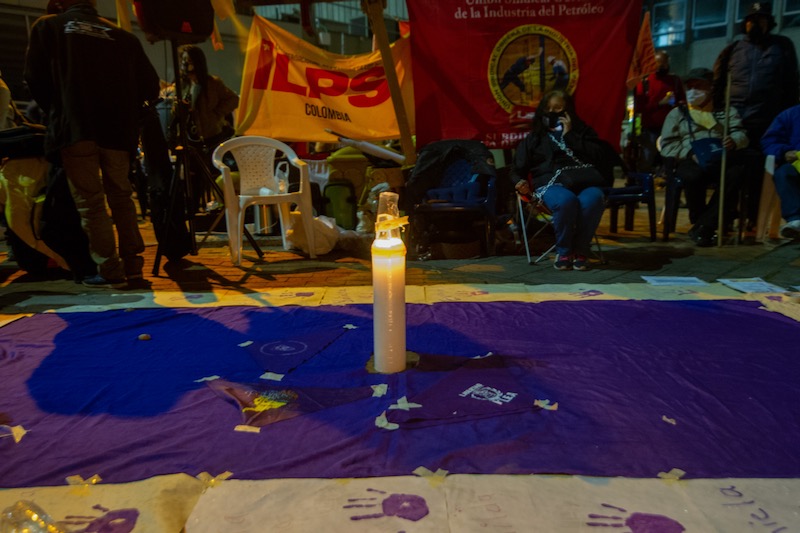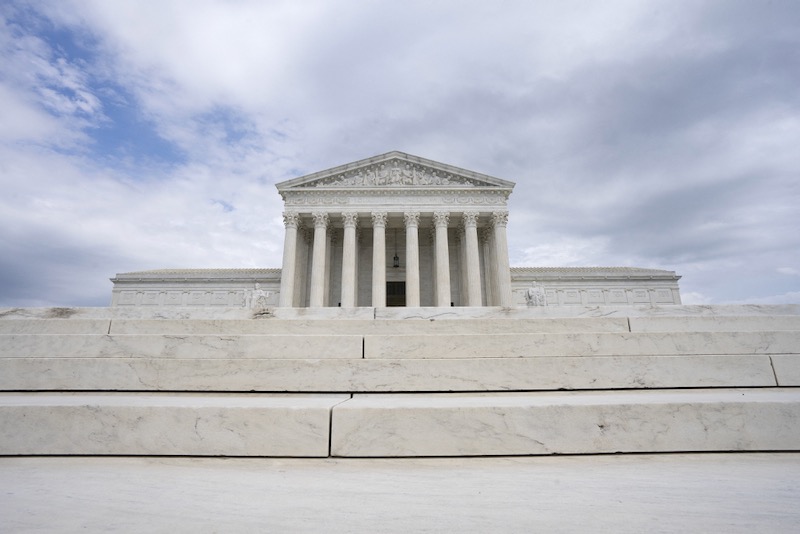The United States Supreme Court has handed down two decisions in religious liberty cases, both regarded as victories for the Catholic Church.
In the first case, Our Lady of Guadalupe School v Morrissey-Berru, the court ruled 7-2 that the “ministerial exception” from non-discrimination laws protecting workers extended to those who, while not officially ordained as a minister of a church, are nonetheless engaged in work that is essentially religious. The court held that a layperson who taught religious education at a Catholic school could not sue for wrongful termination because of the constitutional guarantee of free exercise of religion.
“There is abundant record evidence that they both [plaintiffs] performed vital religious duties, such as educating their students in the Catholic faith and guiding their students to live their lives in accordance with that faith,” the court held. “Their titles did not include the term ‘minister’ and they had less formal religious training than Perich [the plaintiff in a prior case], but their core responsibilities were essentially the same. And their schools expressly saw them as playing a vital role in carrying out the church’s mission.
“A religious institution’s explanation of the role of its employees in the life of the religion in question is important.”
The decision affirmed that “courts are bound to stay out of employment disputes involving those holding certain important positions with churches and other religious institutions.”
In the second case, Little Sisters of the Poor v. Pennsylvania, the court held that the Trump administration was within its rights to expand the religious exemption from a government mandate that health insurance plans cover the cost of contraception.
Pennsylvania and New Jersey both sued, arguing that the Trump administration failed to follow administrative law properly in reaching its decision and that the expansion itself violated the terms of the Affordable Care Act (Aca). The court ruled 7-2 that the Aca gave any incumbent administration the right to define what procedures insurance plans must cover and that the Religious Freedom Restoration Act required the kind of exemption the administration had undertaken.



 Loading ...
Loading ...